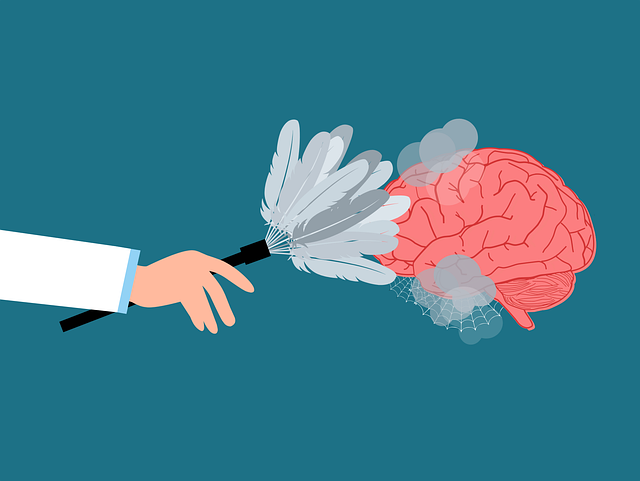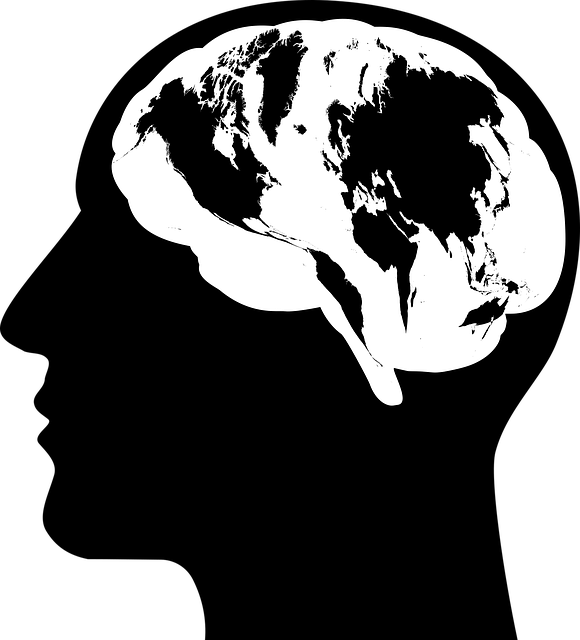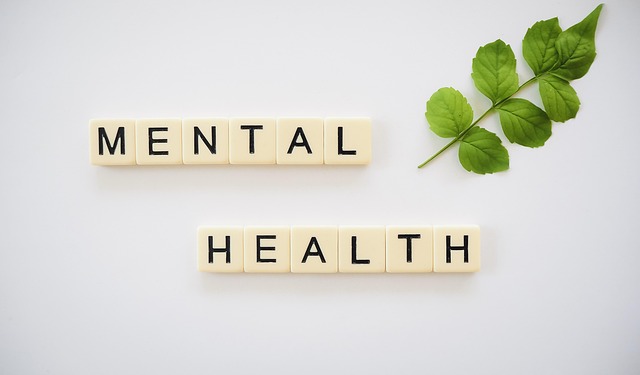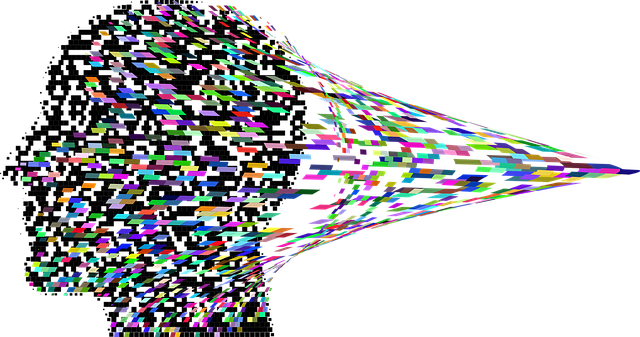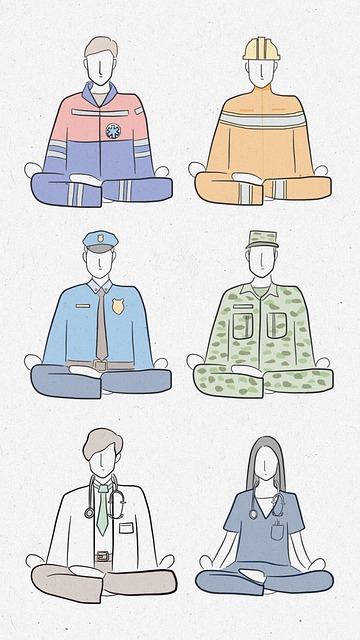Anxiety disorders, including GAD, panic disorder, social anxiety, and phobias, are managed through Cognitive Behavioral Therapy (CBT) tailored to individual needs and cultural backgrounds. CBT focuses on identifying and changing negative thought patterns and behaviors contributing to anxiety. Mindfulness and meditation practices reduce anxiety by cultivating present-moment focus and inner strength. Regular exercise, mindfulness, healthy sleep habits, support systems, and therapy specifically designed for adults with neuro disorders significantly improve mental health awareness and emotional regulation skills.
Anxiety disorders affect millions, but there are effective management techniques available. This comprehensive guide explores various strategies tailored specifically for individuals with neuro disorders. We delve into understanding anxiety’s symptoms and diagnosis, highlighting Cognitive-Behavioral Therapy (CBT) as a powerful tool. Discover mindfulness and meditation techniques to soothe anxious minds, along with lifestyle changes and support systems that foster resilience. Unlock your path to calm through evidence-based practices designed for therapy in adults with neuro disorders.
- Understanding Anxiety Disorders: Symptoms and Diagnosis
- Cognitive-Behavioral Therapy (CBT): A Powerful Tool for Adults with Neuro Disorders
- Mindfulness and Meditation Techniques to Soothe Anxious Minds
- Lifestyle Changes and Support Systems: Creating a Calmer You
Understanding Anxiety Disorders: Symptoms and Diagnosis

Anxiety disorders are a group of mental health conditions characterized by excessive and persistent fear or anxiety that interferes with daily life. They include generalized anxiety disorder (GAD), panic disorder, social anxiety disorder, and phobias, among others. Symptoms can vary but often include restlessness, irritability, fatigue, difficulty concentrating, muscle tension, and nightmares. In some cases, individuals may experience panicked attacks, characterized by rapid heartbeat, sweating, and a feeling of impending doom.
Diagnosis typically involves a comprehensive evaluation by a mental health professional. This may include a thorough medical examination to rule out any underlying physical causes, as well as a detailed discussion about symptoms, triggers, and their impact on daily functioning. Specific criteria outlined in the Diagnostic and Statistical Manual of Mental Disorders (DSM-5) are used to identify different anxiety disorders. Seeking therapy for adults with neuro disorders, such as cognitive behavioral therapy (CBT), is often effective in managing anxiety by helping individuals identify and change unhelpful thought patterns and behaviors. Self-esteem improvement and cultural sensitivity in mental healthcare practice can also play a significant role in successful treatment, ensuring that interventions are tailored to the individual’s unique needs and background, including crisis intervention guidance when necessary.
Cognitive-Behavioral Therapy (CBT): A Powerful Tool for Adults with Neuro Disorders

Cognitive-Behavioral Therapy (CBT) has emerged as a highly effective treatment approach for adults with neuro disorders, offering valuable tools to manage anxiety and improve overall well-being. This evidence-based therapy focuses on identifying and changing negative thought patterns and behaviors that contribute to anxiety symptoms. By modifying these cognitive processes, CBT empowers individuals to develop healthier coping strategies and gain a greater sense of control over their lives.
For adults with neuro disorders, CBT provides a structured framework tailored to address unique challenges. It encourages self-care practices by teaching individuals to recognize and challenge unhelpful thoughts, leading to reduced anxiety and improved mental resilience. Additionally, healthcare provider cultural competency training can enhance the effectiveness of CBT by ensuring that therapists are equipped to support diverse populations. Risk management planning for mental health professionals is also integral, as it enables them to create safe and supportive environments, fostering successful therapy outcomes for adults navigating neuro disorders.
Mindfulness and Meditation Techniques to Soothe Anxious Minds

Mindfulness and meditation have emerged as powerful tools to soothe anxious minds, offering a form of therapy for adults with neuro disorders. These practices encourage individuals to focus on the present moment, thereby reducing the impact of past traumas or future worries that often trigger anxiety. By cultivating awareness of one’s thoughts and sensations without judgment, people can develop inner strength and resilience, essential components in managing anxiety effectively.
In today’s fast-paced world, public awareness campaigns for stress reduction methods have gained significant traction. Mindfulness meditation, in particular, has been extensively studied for its therapeutic benefits. Regular practice can lead to improved emotional regulation, enhanced focus, and a greater sense of calm, making it a valuable asset for anyone looking to navigate life’s challenges with more composure.
Lifestyle Changes and Support Systems: Creating a Calmer You

Creating a calmer and more balanced lifestyle is a powerful tool for managing anxiety, especially for individuals with neuro disorders. Simple yet profound changes in daily routines can significantly impact emotional well-being. Incorporating regular exercise, mindfulness practices like meditation or deep breathing, and adopting healthy sleep habits can help reduce anxiety levels and improve overall mental health awareness. These techniques promote emotional regulation, enabling better coping mechanisms.
Building a strong support system is another crucial aspect. Connecting with understanding friends, family, or support groups can provide a safe space to share experiences and gain different perspectives. Therapy for adults with neuro disorders often emphasizes the importance of these lifestyle changes and support systems as fundamental strategies in managing anxiety. Stress management workshops and organizations dedicated to mental health awareness can offer valuable tools and resources for individuals seeking to enhance their emotional regulation skills.
Anxiety management is a holistic journey, and incorporating various techniques tailored to individual needs can significantly improve quality of life. From understanding anxiety disorders and their diagnostic criteria to exploring evidence-based therapies like CBT, mindful practices, and lifestyle modifications, each section offers valuable insights for adults with neuro disorders. By combining these strategies, individuals can navigate their anxious minds, foster support systems, and cultivate a calmer, more resilient self. With the right tools and mindset, managing anxiety becomes an accessible path to empowerment and well-being.


